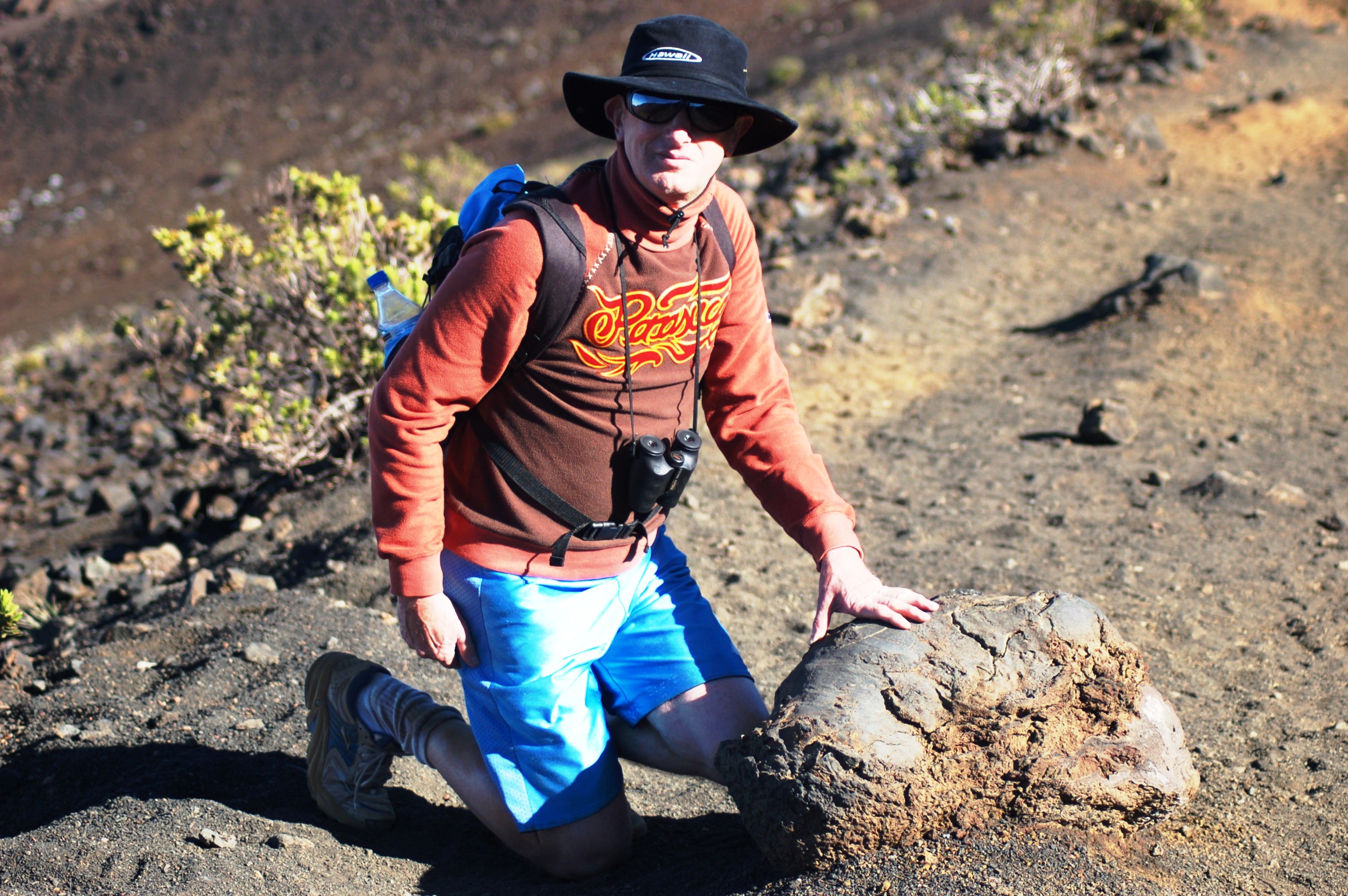How do you describe your job when you meet people at a party?
As a scientific researcher
What is ‘cutting-edge’ about your work?
New testing methods for inhaled drugs that are simpler but at the same time more powerful statistically, face models and breathing pattern simulations that are close realizations of reality
What are the biggest implications your work will/could have in the future?
Some of my work could greatly reduce the burden of routine inhaler product quality testing leading to better decision making
Describe some of the highlights of your average day.
Checking e-mail for progress on manuscripts to peer reviewed journals, discussions with colleagues on technical matters, teleconferences in relation to the development of better test methods for inhalers
Describe briefly how your career has progressed to date.
I started in gas detection immediately after leaving university, then in 1980 transferred to the UKAEA to work on aerosol emissions in association with severe nuclear reactor accidents. In 1994 I emigrated to Canada with the demise of the UK nuclear research and low opportunities for employment in the UK. I founded a medical aerosol laboratory with my present employer in 1994 which has gone on to become recognized internationally as a centre of excellence
How is your job cross-disciplinary?
I work in almost all aspects of science; from mathematics to chemistry, physics and biology in relation to my work, which is highly specialized and has to be learned on-the-task rather than taught from theory
How well is your job compensated? What is the starting salary for your field, and how much can this be expected to rise?
Quite well financially, but the real compensation is the opportunity to do my own research outside of the main company priorities from time-to-time. What is the starting salary for someone in your field, and how much can this be expected to rise? ca. £20,000 p.a. rising to £75,000 p.a. for a senior position
How do you see your field developing over the next 5-10 years?
Novel therapies for hard-to-treat lung-based disease modalities, such as cancer and drug-resistant infections, such as TB
What’s the most unexpected thing about your job?
Working with many new people I meet at conferences etc. and discover we have common interests.
What’s the biggest achievement of your career so far?
Pioneering and developing a new concept for simplified inhaler testing

